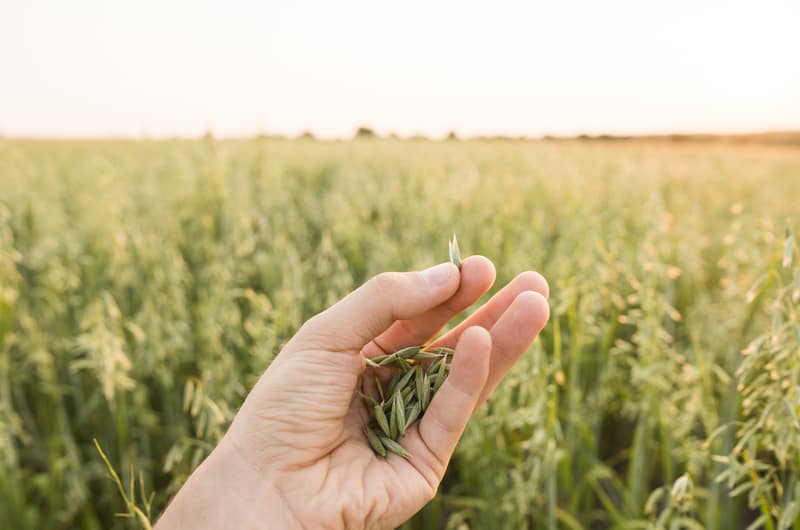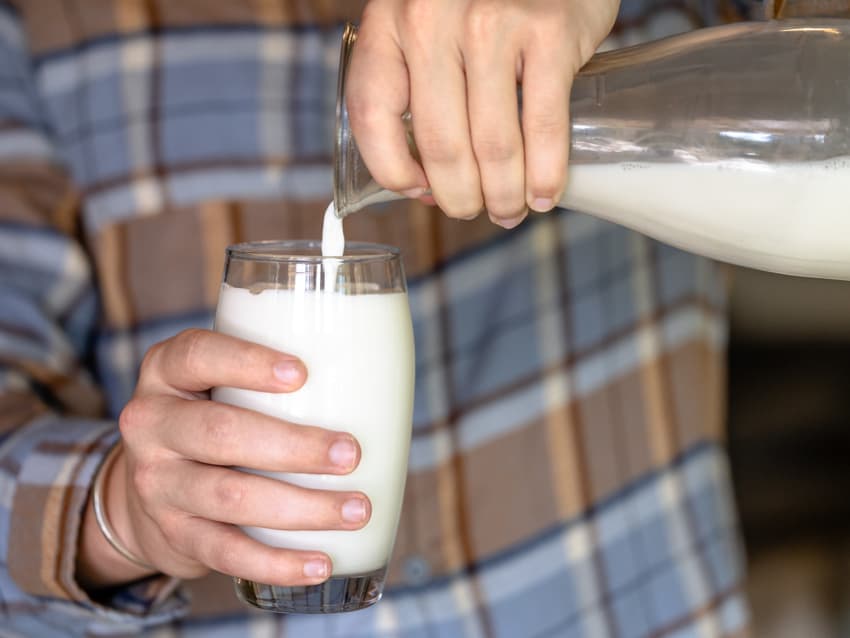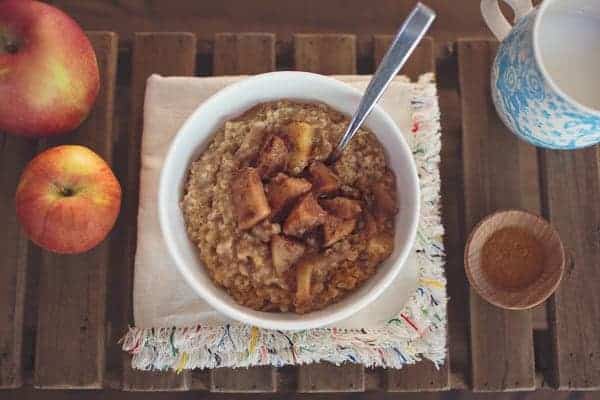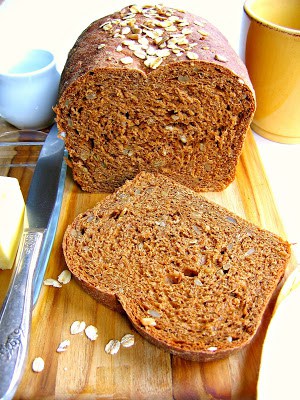Whether or not oats are truly gluten-free has been a hotly debated topic. Let’s take a look at why it’s such a tricky topic.
First things first: What is gluten?
Before we tackle the million-dollar question, let’s review. Gluten is a protein that naturally occurs primarily in wheat, barley, and rye. There are a number of reasons why people would eliminate gluten from their diet, including personal preference, gluten sensitivity, and even Celiac Disease (an auto-immune disease triggered by gluten exposure).
Are oats naturally gluten-free?
Technically, yes, oats themselves are naturally gluten-free. This probably has you wondering, “Well, then what’s the big deal?”. Oats in their purest form do not contain gluten but are subject to cross-contamination during processing, packaging, AND in the field.

Typically, the risk of cross-contamination for naturally gluten-free products can be mitigated by manufacturing them in a dedicated gluten-free facility. Managing the cross-contamination of oats is a little trickier. They often grow alongside wheat which means contamination in the field or even during harvest may take place.
Are certified gluten-free oats really gluten-free?
If the label states "certified gluten-free", a third party has tested the product and confirmed that gluten levels are at or below 20 ppm. We recommend that Celiacs and highly sensitive individuals choose certified gluten-free products whenever possible. However, in this particular instance, even a gluten-free certification might not guarantee your safety.
A 2022 study tested 25 samples of certified gluten-free oats and found that a whopping 36 percent of the samples were not, in fact, gluten-free. So, how are companies marketing a product as certified gluten-free, when the samples tell a different story? The threshold of 20 ppm is established from the average of multiple samples. Let’s pretend you’ve tested ten samples of an imaginary certified gluten-free oatmeal. Now, let’s imagine that 5 of the samples registered gluten levels of 40 ppm (enough to make a Celiac sick). If the other five samples clocked in at ten ppm, the average sample would still be under 20 ppm, and the company would be allowed to market their product as certified gluten-free oatmeal.
So…are any oats safe for Celiacs?
If you’re highly sensitive or diagnosed with Celiac, it’s safest to choose oats grown and manufactured with the purity protocol. According to the National Celiac Foundation, “The purity protocol includes oats that have been grown in dedicated gluten-free fields, as well as harvested, stored, transported and processed separately from gluten-containing grains.” Some major manufacturers, like Bob’s Red Mill and Trader Joe’s make purity protocol claims on their packaging. You can find a list of additional manufacturers that adhere to the purity protocol at Gluten Free Watchdog.

Is oatmilk gluten-free?
Cross-contamination is a common issue with all oat products. If you have Celiac or are highly sensitive, you should only buy certified gluten-free oat milk.
Do some Celiacs react to oats?
Oats contain a protein called avenin that is structurally similar to gluten. In an estimated 8% of Celiacs, avenin causes an inflammatory reaction and the same unpleasant symptoms that gluten exposure would ordinarily illicit. Unlike gluten, avenin has not been shown to cause intestinal damage.
Some people find that the fiber in oats may cause gas or bloating. This can sometimes seem to be a sensitivity or reaction. If you have Celiac disease and experience any unpleasantness after eating oats or oat products, talk to your doctor. They’ll help you decide whether to eliminate oats from your diet.
Do doctors recommend that Celiacs add oats to their diet?
If you’ve been diagnosed with Celiac, talk to your doctor about whether it’s safe to incorporate oats into your daily diet. Oats are a valuable source of nutrients like iron and fiber. Studies have even suggested that oats may cause positive changes in the gut microbiome.
Some doctors suggest sticking with a gluten—and oat-free diet for a few months before gradually adding oats back in. If you do find that you tolerate oats, there’s no reason to exclude them from your diet. Let’s be honest here: We’ve given up enough food already (although oatmeal is definitely a poor consolation prize for passing on traditional pasta)!
Use purity protocol oats to make these recipes!











Let Us Know What You Think